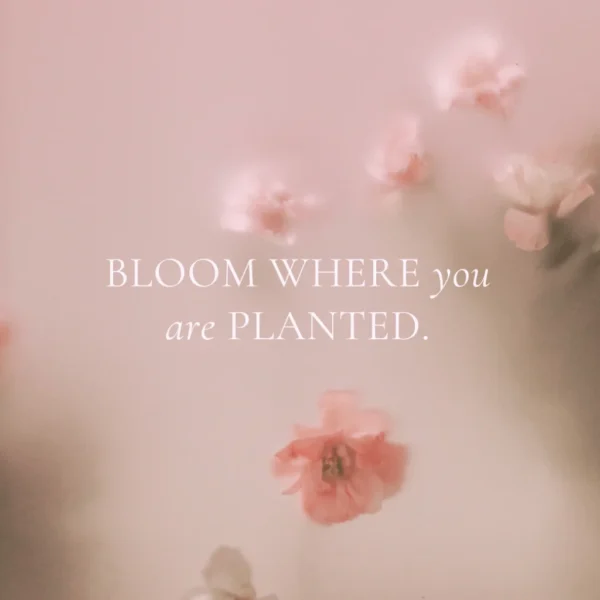50 Self-Love Questions To Ask Yourself
The road to self-love is not always easy; it can be filled with challenges and setbacks that often make us question our worth. However, embracing this journey is crucial, as it lays the foundation for a healthier relationship with ourselves and the world around us. To support you on this path, we’ve compiled a list of self-love questions to ask yourself. By reflecting on these prompts, you can uncover deeper insights and nurture a greater sense of love and acceptance for who you are, inching closer to the self-compassion you deserve day by day.

1. How do I talk to myself?
The internal dialogue we maintain profoundly influences our self-worth. If we constantly criticize ourselves with harsh adjectives, we erode our confidence. In contrast, a supportive, encouraging inner voice fosters resilience and positivity. Cultivating self-compassion and using affirming language can transform our perception, helping us view ourselves with kindness and understanding.
2. What are my strengths?
Recognizing your strengths is essential for cultivating self-love. Take the time to list the skills, positive traits, and unique abilities you appreciate. Acknowledge and celebrate these qualities regularly, as they contribute to your individuality and confidence, helping you embrace who you are and enhancing your overall well-being.
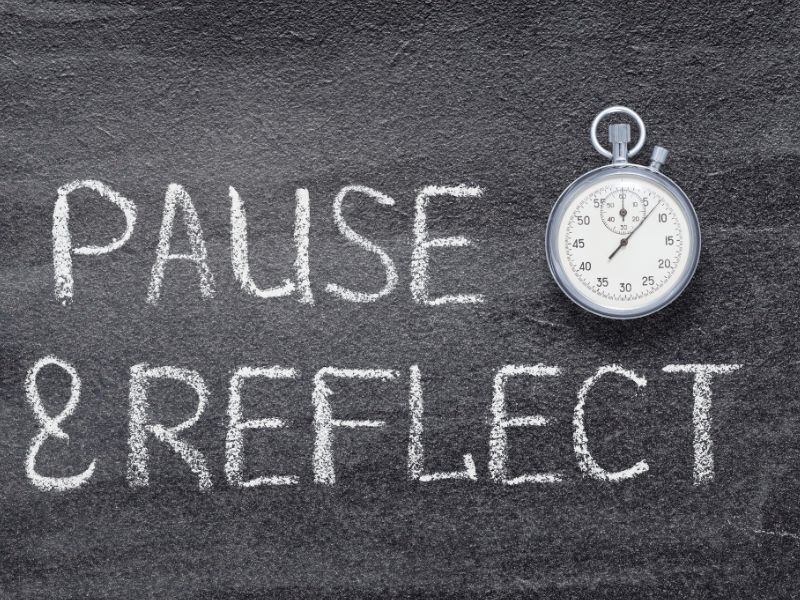
3. What do I enjoy doing?
Your hobbies and joys reveal the essence of who you are, illuminating your passions and interests. Engaging in activities that resonate deeply with you fosters a connection to your authentic self. Embracing these joyful pursuits nurtures self-love, enriching your life with fulfillment and a profound sense of purpose and vitality.
4. Am I comfortable in my skin?
Physical self-acceptance is crucial for fostering genuine self-love. Embracing your unique features promotes inner harmony and confidence. Start by practicing positive affirmations, surrounding yourself with supportive people, and engaging in self-care activities. Gradually, these steps cultivate a sense of comfort and appreciation for your body, enhancing overall self-worth.

5. How do I treat my body?
Nourishing your body with wholesome foods, engaging in regular movement, and practicing mindful self-care are vital expressions of self-love. Recognizing how you prioritize physical health reveals your inner values. Set small, achievable goals to improve this relationship, cultivate gratitude for your body, and embrace habits that promote holistic well-being and vitality.
6. Do I set boundaries?
Setting boundaries is crucial for cultivating self-respect and nurturing self-love. It’s essential to evaluate your comfort level with saying no to commitments or interactions that drain you. Protecting your personal space and emotional energy empowers you to prioritize your well-being and foster healthier relationships.

7. How do I handle mistakes?
Mistakes are inherent to the human experience, shaping our growth and resilience. Reflecting on your self-forgiveness reveals your attitude towards personal development. Do you embrace and learn from your imperfections, or do harsh judgments stifle your progress? Your response to failures ultimately reflects the value you place on your unique journey.
8. Am I pursuing my passions?
Self-love is not just about acceptance; it also involves actively seeking out what fuels your passion and enthusiasm. Reflect on whether you’re dedicating time to your interests. If obstacles arise, identify their source—be it fear, obligations, or self-doubt—and take steps to overcome them, allowing your true passions to flourish.

9. How do I celebrate my achievements?
Celebration is an essential act of self-love, allowing us to acknowledge our achievements and progress. Whether big or small, each success deserves recognition. By celebrating milestones, we cultivate gratitude and self-awareness, fostering a positive mindset that inspires future growth and empowers us to embrace our journey wholeheartedly.
10. Am I surrounding myself with the right people?
The company you keep profoundly shapes your self-perception and emotional well-being. Supportive individuals inspire confidence and nurture self-love, creating an environment where you can thrive. Conversely, energy-draining relationships can lead to self-doubt and negativity. Curating a circle of uplifting friends is essential for personal growth and a positive sense of self.

11. How often do I practice gratitude?
IIncorporating gratitude into your daily life can profoundly change your mindset. By regularly acknowledging what you appreciate—be it simple moments or significant achievements—you shift your focus from negativity to positivity. Consider keeping a gratitude journal or sharing your thankfulness with others to enhance self-love and cultivate a more joyful perspective.
12. Am I honest about my feelings?
Honesty is the foundation of all relationships, including our vital connection. By openly acknowledging and expressing our true feelings, we cultivate self-awareness and a deeper appreciation for who we are. This authenticity fosters self-love and empowers us to build healthier connections with others.
13. How do I approach challenges?
Your mindset when confronting challenges reveals your self-esteem. Viewing obstacles as opportunities for growth fosters resilience and self-acceptance while perceiving them as barriers can hinder progress. Embracing a growth mindset enhances your problem-solving skills and cultivates deeper self-love, empowering you to rise above difficulties with confidence.
14. Am I kind to myself when I feel down?
When faced with life’s challenges, granting yourself compassion is crucial—acknowledging that it’s perfectly normal to feel low fosters self-acceptance and emotional resilience. This gentle approach allows you to process complicated feelings without judgment, ultimately paving the way for healing and personal growth. Embrace your humanity; it’s a sign of strength.

15. How often do I practice self-care?
Self-care is essential for maintaining overall well-being, not an act of selfishness. By prioritizing activities that nourish your mind, body, and spirit, you enhance your resilience and capacity to face life’s challenges. Explore various self-care practices—whether mindfulness, exercise, or creative pursuits—and integrate them into your routine for lasting rejuvenation.
To stay on track with your self-care, try using a routine. I’ve created a free self-care routine page in the digital planner to help you outline what keeps you focused and consistent in your practice. Download it by clicking this link to find the Self-care Routine on page 72: Free Digital Planner.
16. Am I living authentically?
Authenticity is the cornerstone of self-love, encouraging us to embrace our true selves rather than conform to external pressures. By reflecting on our values, beliefs, and desires, we can uncover and celebrate our uniqueness. This connection to our genuine selves nurtures self-acceptance, empowering us to flourish in a world of expectations.
17. Do I acknowledge my feelings?
Dismissing your feelings creates a barrier to self-love, preventing a genuine connection with yourself. By allowing space to feel and process emotions, you cultivate awareness and acceptance. Embracing your feelings—noticing, validating, and understanding them—strengthens your relationship with yourself, fostering a healthier self-image and a more profound sense of self-acceptance.
Use the mood tracker in this digital planner to manage your feelings. It fosters awareness and provides space to process and embrace emotions. Access it on page 68 by clicking the link: Free Digital Planner.
18. Am I willing to learn from others?
Being open to learning is a catalyst for personal growth. Rather than reacting defensively, embracing feedback allows you to reflect and improve. This receptiveness cultivates a deeper understanding of yourself, fostering self-compassion and resilience. Ultimately, it enriches your relationships, creating a supportive environment where continuous growth can flourish.
19. What does success mean to me?
Societal definitions of success often focus on wealth, status, or conformity, which can feel restrictive. By reflecting on your values and aspirations, you can create your unique vision of success. This tailored understanding fosters self-love, enabling you to pursue what truly fulfills and resonates with you.

20. Do I allow myself to feel joy?
Do you allow yourself the grace to feel joy amidst life’s challenges? Embracing happiness in simple moments—like a warm cup of coffee or a beautiful sunset—nurtures a positive self-relationship. Prioritizing these joyful experiences fosters resilience and self-love, reminding us there’s always room for delight, even in difficulty.
21. Am I comfortable being alone?
Being alone can be a sanctuary for introspection and self-discovery. Embracing solitude allows you to nurture your passions, reflect on your thoughts, and recharge your spirit. This harmonious time spent with yourself can cultivate a profound sense of self-love, transforming solitude into a cherished path toward personal growth and fulfillment.
22. How do I cope with stress?
Coping mechanisms play a pivotal role in nurturing self-love. To alleviate stress, embrace healthy strategies like mindfulness meditation, journaling, or engaging in creative arts. Regular physical activity, deep breathing exercises, or time in nature can foster serenity. These activities soothe your mind and cultivate a deeper connection with yourself.

23. Am I quick to judge others?
Your judgments of others often reflect your inner self-perception. When you quickly critique someone, it may indicate unresolved feelings about yourself. By fostering compassion for others, you create a nurturing environment that can extend inward, promoting self-acceptance and kindness, ultimately leading to a more positive self-view and healthier relationships.
24. Do I compare myself to others?
Comparisons can erode self-esteem, leading to feelings of inadequacy as we gauge our worth against others’ perceived successes. Instead of focusing on external standards, embracing our paths fosters self-love and confidence. Recognizing that everyone has a unique journey allows us to celebrate our achievements and nurture a healthier relationship with ourselves.

25. What are my core values?
Understanding your core values is essential for a fulfilling life. When you consciously identify what matters most to you, it acts as a compass, guiding your decisions and actions. By aligning with your values, you cultivate self-respect and ensure that your life choices resonate with your true self, preventing feelings of disconnection.
26. Do I listen to my intuition?
Your intuition is a powerful compass for self-love, urging you to embrace your needs and desires. By tuning into your instincts, you can uncover insights that foster compassion and acceptance toward yourself. Trusting this inner voice is essential for nurturing a healthy relationship with yourself and promoting growth and healing.

27. Am I over-scheduling my life?
Work often becomes a barrier to meaningful self-reflection. When our schedules overflow, we neglect the essential practice of introspection. Consider the impact of overcommitment on your well-being. Carving out moments for relaxation and contemplation nurtures self-awareness and personal growth, ultimately enriching your life and clarifying your goals and desires.
To address overcommitment, utilize the digital free planner and schedule dedicated time for self-reflection and relaxation amidst your tasks. Organizing your priorities and creating intentional breaks’ll foster self-awareness and personal growth, enriching your life while gaining clarity on your goals and desires.
28. How do I respond to compliments?
Your reaction to compliments reveals your self-perception. Graciously accepting praise fosters a positive self-image, while deflecting it might indicate low self-esteem. Embracing compliments as genuine affirmations can enhance self-love, allowing you to appreciate your worth and celebrate your accomplishments, ultimately leading to a more fulfilling and confident life.

29. Do I have a positive self-image?
Your self-image profoundly shapes your capacity for self-love. Reflect on how you perceive yourself; are you nurturing or critical? Journaling can be a powerful tool to uncover your beliefs and feelings. By examining your self-image, you can identify negative patterns, fostering a deeper understanding and cultivating a more compassionate relationship with yourself.
30. Am I open to change?
Embracing change nurtures personal growth and positively transforms how you see yourself. When you welcome new experiences, you cultivate resilience and adaptability, enhancing your skills and confidence. Instead of resisting change, consider it an opportunity for self-discovery, fostering a mindset that invites growth and expands your horizons. Embrace the journey ahead!

31. How often do I forgive myself?
Forgiveness plays a pivotal role in fostering self-acceptance. Many struggle with lingering guilt and resentment over past mistakes, which often hinder personal growth. By practicing self-forgiveness, you can release these burdens, cultivate compassion toward yourself, and ultimately nurture a deeper sense of self-love, paving the way for healing and personal development.
32. Am I collecting positive experiences?
Positive experiences are essential for nurturing self-love and fostering joy and fulfillment. Actively seek out activities that resonate with your passions, whether through hobbies, social connections, or personal growth. By consciously creating uplifting memories, you reinforce a loving relationship with yourself, enhancing your overall well-being and happiness.

33. Do I have hobbies that inspire me?
Hobbies serve as influential outlets for self-expression, allowing us to explore our creativity and passions. Whether painting, dancing, or gardening, these activities ignite joy and fulfillment. Prioritizing time for these pursuits fosters self-love and enhances overall well-being, reminding us to cherish the moments that inspire and uplift our spirits.
34. Am I present in my life?
Mindfulness cultivates self-love by anchoring us in the present, allowing us to embrace our thoughts and feelings without judgment. We learn to appreciate ourselves more fully by reducing stress and enhancing self-awareness. This practice fosters a nurturing environment where self-acceptance thrives, leading to a deeper connection with our inner selves.

35. How do I handle rejection?
Rejection can significantly affect our self-worth, leading to inadequacy and self-doubt. However, responding with resilience is crucial. We can build emotional strength by acknowledging our emotions, reframing the experience as a learning opportunity, and focusing on self-compassion. This proactive approach not only fosters growth but also improves our overall well-being.

36. Am I comfortable asking for help?
Asking for help demonstrates resilience and self-awareness. Acknowledging our limitations allows us to grow and build connections. It’s essential to realize that seeking support is not a weakness but a courageous step toward self-improvement and healing. Embracing vulnerability fosters deeper relationships and encourages a culture of mutual assistance and compassion.
37. Am I living in alignment with my true self?
Your life is a canvas shaped by your true essence. Reflect on your values and beliefs—are your choices consistent with them? Living authentically fosters a deeper connection to yourself, enhancing self-love and fulfillment. Embrace decisions that resonate with your core, allowing you to thrive harmoniously with your genuine identity.

38. Do I embrace my flaws?
Embracing your flaws is integral to being human. Instead of fixating on imperfections, recognize them as opportunities for growth and resilience. Acknowledging vulnerability fosters self-acceptance, enabling you to transform flaws into strengths. Cultivating this mindset enhances personal development and fosters deeper connections with others who share similar struggles.
39. How do I view aging?
Your perspective on aging profoundly shapes your self-image. Embracing the process as a natural progression can foster self-acceptance and appreciation for life’s experiences. Rejecting fear of aging encourages personal growth and enhances self-love, allowing you to celebrate each stage of life and cultivate a deeper connection with your evolving self.
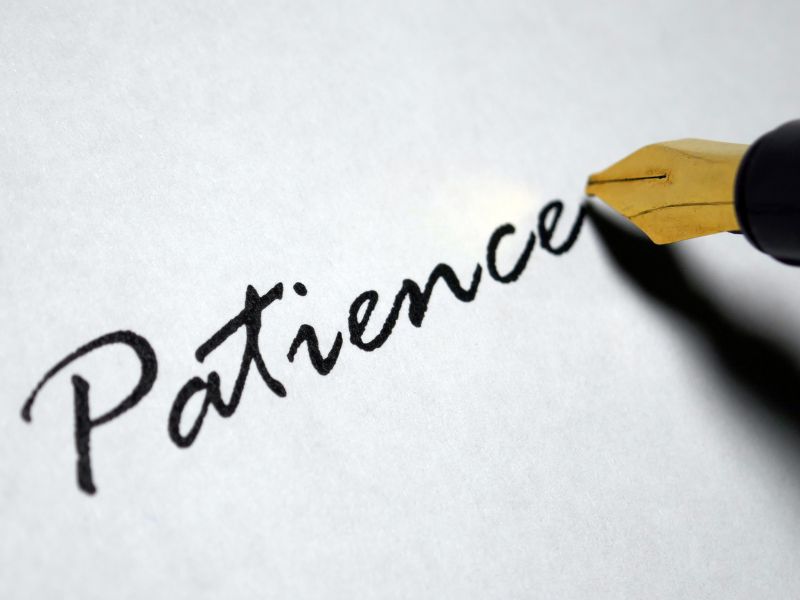
40. Am I patient with myself?
Self-growth is a gradual journey that requires patience and self-compassion. Instead of rushing the process or feeling frustrated by setbacks, embrace each step as an opportunity for learning. Understand that meaningful change unfolds over time. Cultivating patience allows you to appreciate progress and deepen your self-love along the way.
41. Do I invest in self-improvement?
Investing in personal growth is a profound expression of self-love and respect. By dedicating time and resources to enhancing your skills, knowledge, and emotional well-being, you cultivate a more fulfilling life. Embrace every opportunity for learning, whether through courses, experiences, or self-reflection, and watch as you transform into your best self.
42. Am I compassionate towards others in my life?
The way you treat others mirrors your self-perception. Practicing empathy and kindness enhances your relationships and fosters self-love. Cultivating understanding and compassion encourages a positive cycle, where uplifting others ultimately enriches your emotional well-being, creating a harmonious environment for growth and connection.
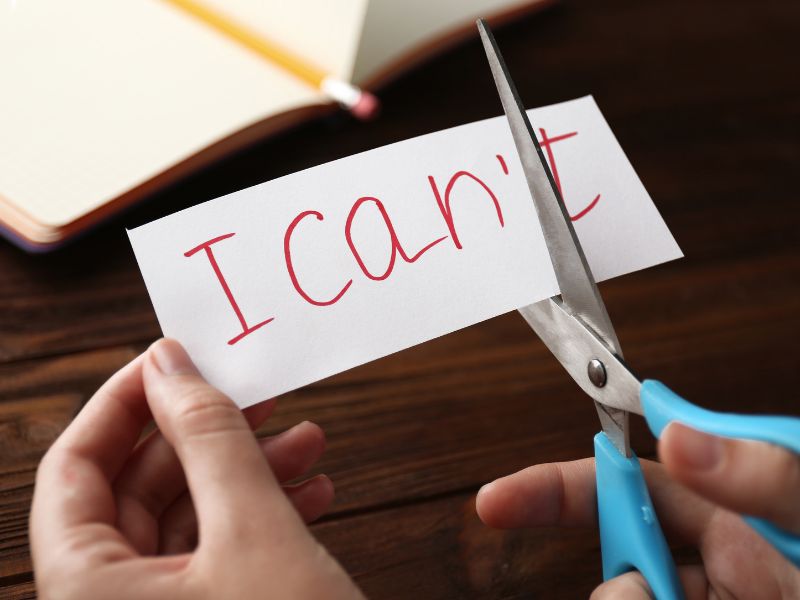
43. How do I perceive failure?
Your perception of failure profoundly influences your self-worth. Viewing failure merely as an endpoint can lead to diminished self-esteem, while recognizing it as a valuable stepping stone fosters growth. Embracing setbacks as opportunities for learning nurtures self-love and resilience, empowering you to rise more confident in your journey ahead.
44. Am I giving back to others?
Helping others enriches their lives and elevates one’s happiness and self-worth. Acts of kindness, whether big or small, create a ripple effect of positivity in one’s community. Contributing and supporting those around one fosters a profound sense of purpose and fulfillment in one’s life.

45. Do I take regular breaks?
Rest is a fundamental aspect of self-care that rejuvenates the body and mind. It’s crucial to pause and reflect on whether you prioritize your well-being or merely endure exhaustion. Embracing rest is an act of self-love, helping you regain energy, clarity, and a more positive outlook on life.
46. Am I grateful for my journey?
Every experience, whether joyful or challenging, plays a vital role in shaping your personal growth. By reflecting on these moments, you can recognize valuable lessons learned that enhance self-awareness. Embracing gratitude for your journey fosters a positive relationship with yourself, empowering you to navigate future challenges with resilience and confidence.
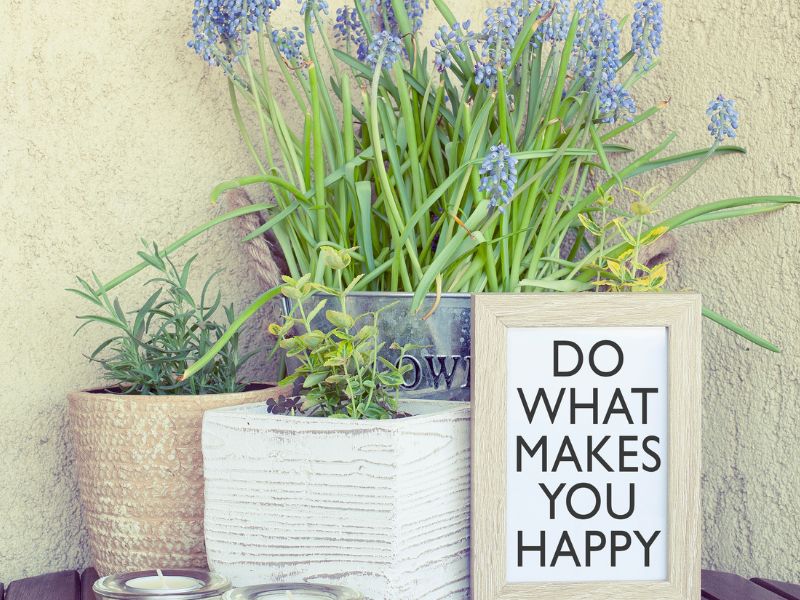
47. How do I define happiness?
Understanding your definition of happiness is essential for a fulfilling life. Take the time to reflect on what truly brings you joy, whether it’s relationships, achievements, or simple pleasures. This introspection can lead to greater clarity, helping you pursue experiences that resonate deeply and contribute to your overall well-being.
48. Am I open to vulnerability?
Vulnerability is an intrinsic part of being human, a bridge that connects us. By openly acknowledging and sharing our vulnerabilities, we foster deeper, more authentic relationships with ourselves and others. Instead of hiding our flaws, embracing them allows for genuine connection, understanding, and empathy, ultimately enriching our shared human experience.
49. Do I give myself permission to change?
Evolution is an inherent part of life, urging us to grow and adapt continuously. By embracing change, we acknowledge our journey and the lessons learned. Allowing ourselves to evolve fosters self-love, enhances resilience, and enriches our experience, transforming challenges into opportunities for personal development and deeper self-understanding.

50. Am I proud of who I am?
Self-pride is a fundamental pillar of self-love, reminding us to embrace our unique journeys. Acknowledge your complexities and the growth they represent. By celebrating your achievements and the lessons learned along the way, you cultivate a deeper appreciation for yourself, fostering a positive relationship that nurtures your overall well-being.
Conclusion
Self-love is not a destination but a continuous journey. The questions above invite deep reflection, helping you gain insight into your relationship with yourself. By recognizing areas where you thrive and those that may need nurturing, you can create a more balanced and loving relationship with yourself. Remember, self-love is a practice that grows through time, attention, and compassion. Embrace your journey, and may it lead you to a more profound sense of self-acceptance and love.



